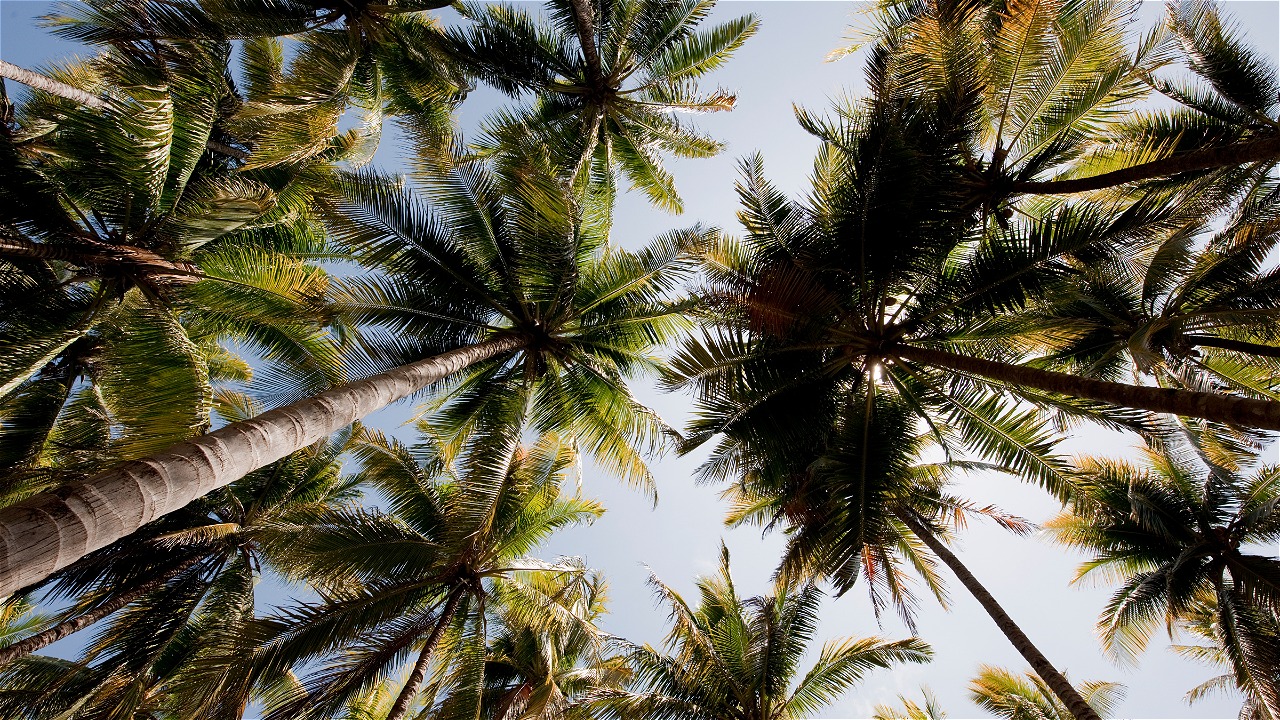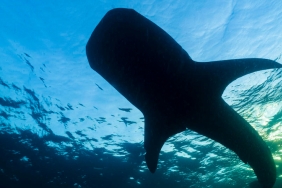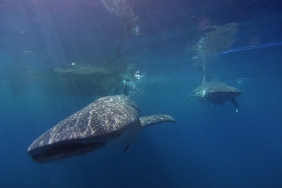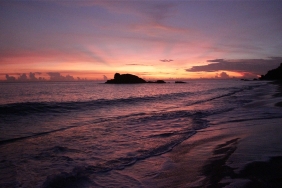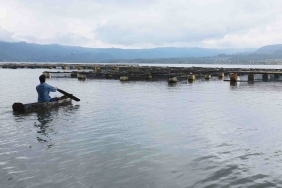INSTILLING A LOVE OF NATURE THROUGH ENVIRONMENTAL EDUCATION
By: Martina Rahmadani (Responsible Marine Business Officer, WWF-Indonesia)
Wakatobi, as one of the biosphere reserves, has its own way of commemorating Earth Day which falls every April 22. On Earth Day, the Wakatobi Biosphere Reserve Forum, ISAKAPALA, Wakatobi Regional Government, Wakatobi National Park, WWF-Indonesia, as well as environmentalists in Wakatobi organized activities to invite the people of Wakatobi to care more about the environment. With the theme "One Tree for the World", this activity took place for two consecutive days and was enlivened by various levels of society in order to show that the people of Wakatobi care and love nature.
Environmental education for junior and senior high school students was the highlight of the Earth Day commemoration in Wakatobi this time. In addition to these events, there are several other activities that are no less interesting, such as tree planting, cleaning garbage with canoes, leisurely walks, kindergarten coloring competitions, art performances, to film screenings and environmental photo exhibitions. The environmental education activity itself was held for a full day and was attended by 85 students from junior and senior high schools on Wangi-wangi Island. During the day, participants were given various knowledge related to the environment, especially the environmental conditions in Wakatobi. The activity was divided into two sessions: the first session, participants were given general material on conservation, both environmental and cultural conservation; the second session, participants were invited to discuss what is currently happening on Wakatobi earth today and what can be done later. All ideas collected were then put into a poster and presented to the other participants.
There were five speakers who delivered talks about the environment, namely Sumiman Udu (Halu Oleo University) who talked about Wakatobi's local wisdom that has noble values, loving and protecting the environment; Rinto Adhi S (WWF-Indonesia Program Southern-Eastern Sulawesi Subseascape/SESS) with material related to eight important resources in Wakatobi and actions to protect them; Kartika C Sumolang (WWF-Indonesia SESS Program) with material on coral ecosystems and their potential; Martina Rahmadani (WWF-Indonesia SESS Program) who presented material on tourism potential and its threat to the environment if not managed wisely; and Aliadin (Wakatobi Community Leader) who shared his thoughts on the role of youth in protecting the Wakatobi earth. The presentation session then ended with a discussion. From the discussion session, it was seen that the value of love for nature and as well as students' sensitivity to the environment in Wakatobi began to grow. This is in accordance with the goal of environmental education, which is to foster the value of love for the environment and love for local culture in the soul of the younger generation of Wakatobi.
After the environmental education session, the love for the environment in the participants was increasingly visible from their critical thinking in seeing the current conditions in Wakatobi and what they wanted to do for a better Wakatobi. In this brainstorming session, participants were divided into 6 groups and given 1.5 hours to discuss and illustrate their thoughts in an interesting poster. The issues raised by each group were coral reef health, plastic problems, destructive fishing, the balance of marine and terrestrial ecosystems, the impact of the fisheries sector and tourism. These themes were then translated into an interesting poster. From their presentations, it can be seen that the junior and senior high school students who are the next generation of the conservation struggle are very enthusiastic in conveying their ideas and discussion results to the participants in attendance.
The hope of all parties, both organizers and participants, is that activities like this can continue to be carried out because it has a very good impact on students who are the next generation of the nation. This activity can also give birth to cadres who love nature and can later have a positive effect on the surrounding environment.

